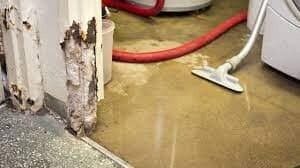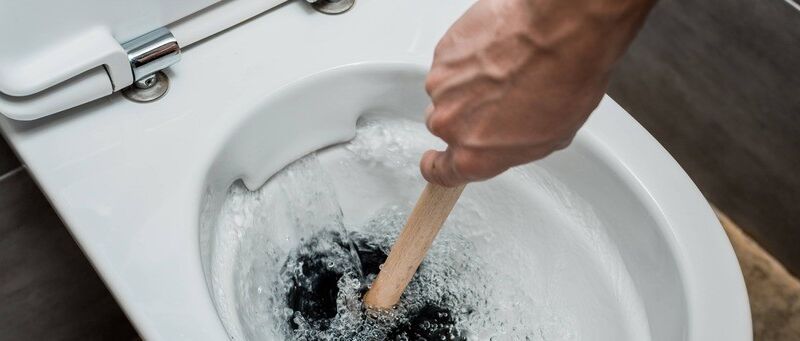
Introduction
Sewage backup is a serious problem that can have a significant impact on both your property and your health. When a sewer line becomes blocked or damaged, it can cause wastewater to flow back into your home or business, leading to a range of issues including gastrointestinal problems. In this article, we will explore the impact of sewage backup on gastrointestinal health and discuss why it is crucial to seek professional help for cleanup and remediation.
Understanding Sewage Backup
Sewage refers to the wastewater that is produced by human activities such as using the toilet, taking showers or baths, and washing clothes or dishes. It contains various contaminants, including bacteria, viruses, and other pathogens. When a sewage backup occurs, it means that the wastewater is unable to flow properly and starts to back up into your property instead.
Symptoms of Gastrointestinal Issues
Exposure to sewage can pose serious risks to your health, particularly your gastrointestinal system. The contaminants present in sewage can cause various symptoms, including:
- Nausea and vomiting
- Diarrhea
- Stomach cramps
- Abdominal pain
- Loss of appetite

The Importance of Professional Cleanup
It is crucial to seek professional help for sewage cleanup and remediation for several reasons:
1. Health and Safety
Raw sewage contains harmful pathogens and bacteria that can pose significant health risks. Professionals have the necessary equipment, protective gear, and expertise to safely remove and disinfect the affected areas, minimizing the risk of exposure and contamination.
2. Mitigating Property Damage
Sewage backup can cause extensive damage to your property, including structural damage, mold growth, and damage to personal belongings. Professionals can assess the extent of the damage and implement appropriate mitigation measures to prevent further issues.
3. Proper Disposal and Cleanup
Professional sewage cleanup teams have the knowledge and equipment to properly handle and dispose of the sewage waste. They will follow industry guidelines and regulations to ensure that the cleanup is done thoroughly and safely.
Preventing Sewage Backup
While it is impossible to prevent all instances of sewage backup, there are several measures you can take to reduce the risk:

1. Regular Maintenance
Ensure that your plumbing system, including sewer lines and drains, is regularly inspected and maintained to identify and address any potential issues before they escalate into a backup situation.
2. Proper Disposal
Avoid flushing non-biodegradable items such as wipes, diapers, and feminine hygiene products down the toilet, as they can clog the sewer lines and contribute to backups.
3. Tree Root Management
If you have trees on your property, make sure their roots are not infiltrating your sewer lines. Tree roots can cause blockages and damage to underground pipes, leading to sewage backups.
Conclusion
Sewage backup can have a severe impact on gastrointestinal health due to the exposure to harmful contaminants. It is essential to seek professional help for cleanup and remediation to ensure your health and safety, as well as mitigate property damage. By taking preventive measures and addressing any plumbing issues promptly, you can reduce the risk of sewage backups and their associated health risks.
What should I do if I experience sewage backup?
How can I prevent sewage backup in my property?
For professional sewage backup cleanup and remediation services in Las Vegas, contact Water Damage Restoration Pros of Las Vegas at 725-210-8500. Visit their website for more information.


